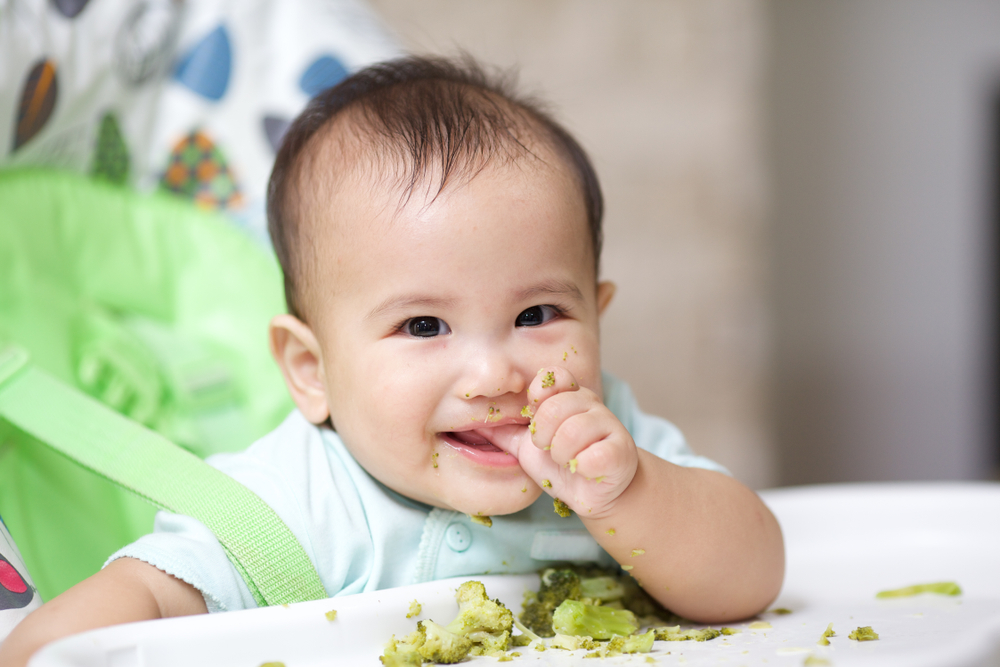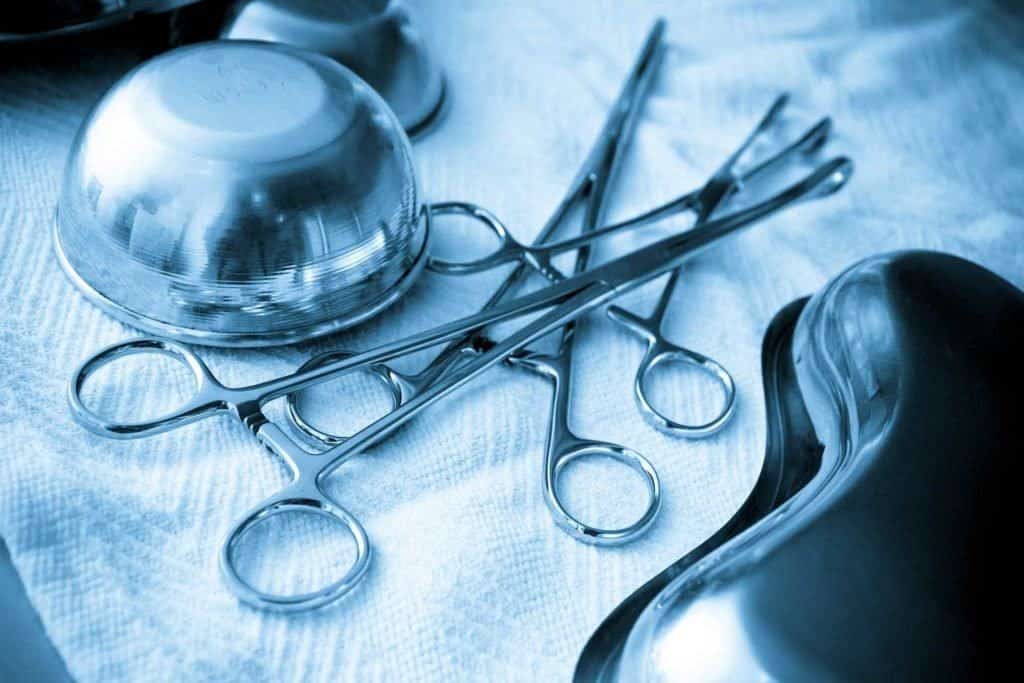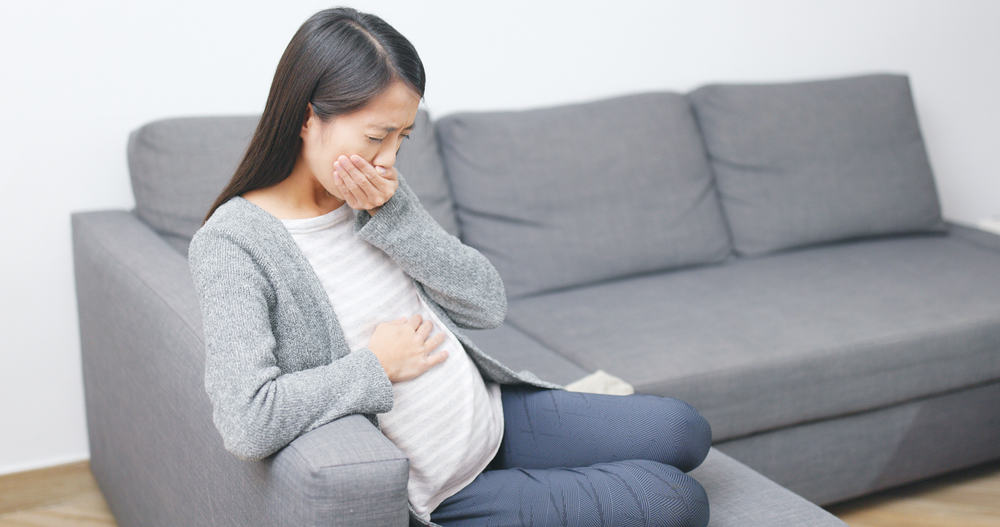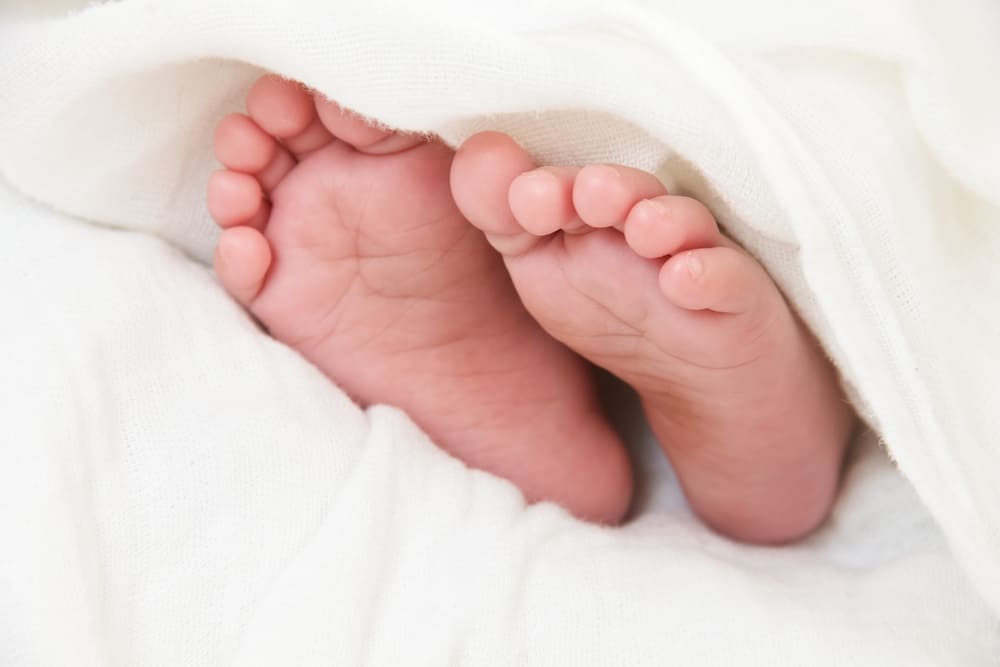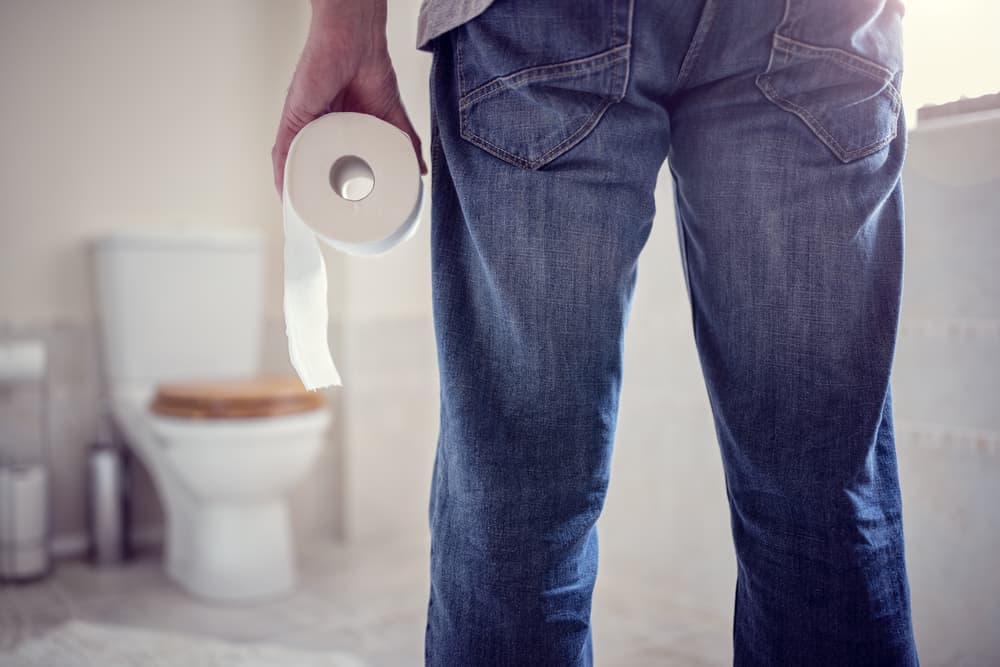Contents:
- Medical Video: 29 Weeks Pregnant- what's happening - Fetal development in 29 weeks & pregnant symptoms
- Development of babies aged 29 weeks
- How should the baby develop 29 weeks?
- What should I do to help develop a 29-week baby?
- Health for babies aged 29 weeks
- What do I need to discuss with the doctor on week 29?
- Which must be considered
Medical Video: 29 Weeks Pregnant- what's happening - Fetal development in 29 weeks & pregnant symptoms
Development of babies aged 29 weeks
How should the baby develop 29 weeks?
Here are some 29 weeks of baby development you should know:
- Eat your own biscuits
- Joking (baby creates sound from foamy saliva)
- Mumble or chatter when feeling happy
- Often laugh when interacting with you.
What should I do to help develop a 29-week baby?
At this stage you can try to let the baby drink from the glass. It's better for babies to use two straps that hold the glass. If the baby gets angry because it cannot remove water from the glass, remove the closing valve. You also need to show how to pour drinks into your mouth.
Health for babies aged 29 weeks
What do I need to discuss with the doctor on week 29?
If your baby does not have a serious medical condition, most doctors will not do a baby health check up this month.
However, do not hesitate to contact a doctor immediately if you have a problem that cannot be waited until the next visit.
What should be known about 29 weeks' development?
There are a number of things you know:
1. Fever in infants
Entering the 8th month, you get to know your baby's condition and know if he might not be feeling well. If your child's temperature is hotter than normal, use a thermometer to measure his temperature. Normal human body temperature is around 37 degrees. But in infants, a healthy normal temperature ranges from 36-38 degrees Celsius when measured in the rectum.
In general, the baby's body temperature tends to be higher than the body temperature of toddlers or toddlers. So, don't panic quickly if your child's body temperature is high. Babies can be considered to have a fever if:
- The rectum or forehead temperature is higher than 38 degrees Celsius
- Temperature of 37.8 degrees Celsius in the ear
- Armpit temperature is more 37.2 degrees Celsius
Given that the baby can't tell you when he is tired or sick, so call your doctor if your baby's body temperature is higher than the indicator above. Starting from 7 months or more, contact your doctor only if your body temperature reaches 38 degrees C when measured in the rectum. Whatever worries you, always tell the doctor.
You also need to contact a doctor if your child has a fever and has symptoms such as:
- Fussy
- Inactive as usual
- Hard to breathe
- Small or large red and purple spots appear on the skin
- Appetite decreases
- Difficulty in swallowing food
- Excessive saliva (often stool)
- Eyes glaze over
In children under 1 year, fever can also cause seizures.
To relieve a fever, you can let your child rest in a cool room (not too cold). In addition, prevent dehydration by giving breast milk or bottle milk regularly.
If these steps do not help, contact your pediatrician to get further treatment. If using drugs, always use it according to the doctor's direction. A safe dose based on the child's weight and the dosage will always vary. Don't give too much baby medicine. Tell your doctor if a child who has fever uses drugs that can cause Reye's syndrome.
If the baby can eat, sleep, and play well even if he has a fever, he may not need medical treatment or treatment. Trust your intuition and information on the thermometer when the baby has a fever.
2. Babies will not sit without help
Baby development will vary. So "normal" can be relative at every stage of the baby's development. Even though the average baby can sit without assistance around the age of 6 ½ months, some babies can sit earlier when they are 4 months old, but there are also those who just sit at the age of 9 months. Therefore, do not worry if you are aware of a slow baby growth.
Remember, every baby's development is often based on genetic factors in certain age groups. In fact, babies from different cultures also have different times to be able to sit.
Which must be considered
What needs to be aware of in the development of a 21-week baby?
Don't hold the baby too long. The habit of carrying a baby for too long will not only hamper your work at home, but also affect your child's development. Babies who are carried too often will not learn to hone their own abilities to climb, crawl, or sit. As a result, your baby will continue and always rely on you.
What is the growth of a baby like in the 30th week?

